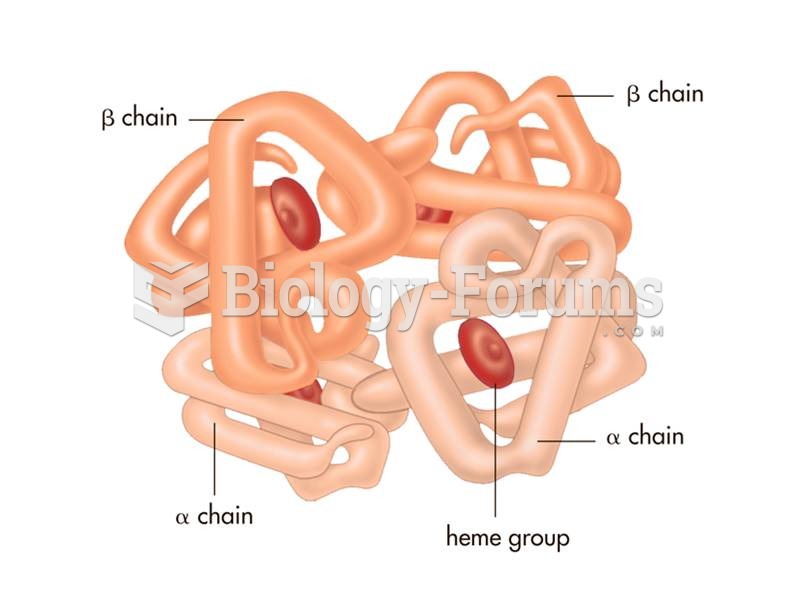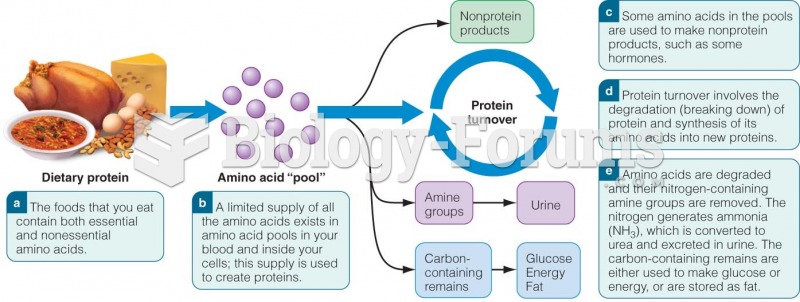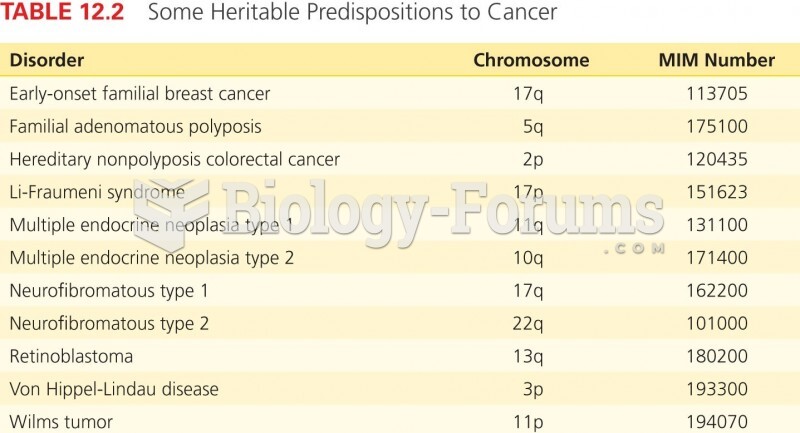|
|
|
Anesthesia awareness is a potentially disturbing adverse effect wherein patients who have been paralyzed with muscle relaxants may awaken. They may be aware of their surroundings but unable to communicate or move. Neurologic monitoring equipment that helps to more closely check the patient's anesthesia stages is now available to avoid the occurrence of anesthesia awareness.
Egg cells are about the size of a grain of sand. They are formed inside of a female's ovaries before she is even born.
Approximately 25% of all reported medication errors result from some kind of name confusion.
Aspirin is the most widely used drug in the world. It has even been recognized as such by the Guinness Book of World Records.
The Romans did not use numerals to indicate fractions but instead used words to indicate parts of a whole.







